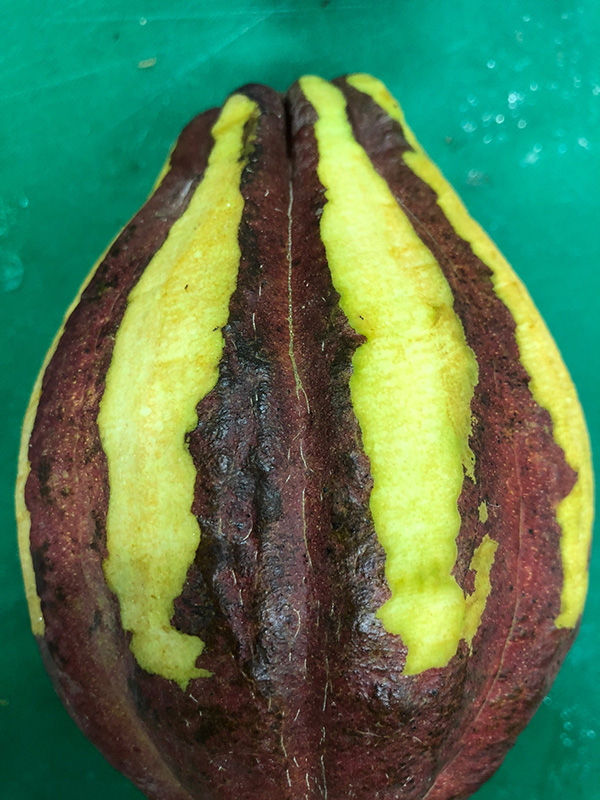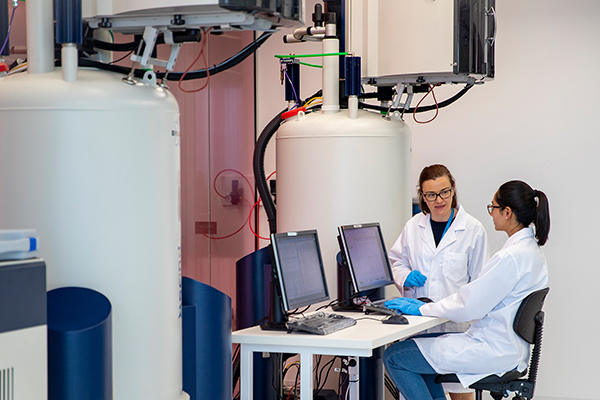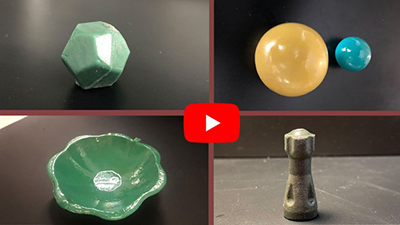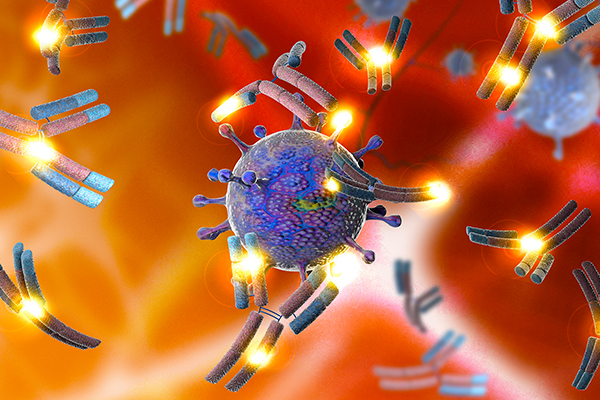Building a more sustainable future requires research innovations, but equally important is translating that research into technical solutions for industrial manufacturers where it can have a practical impact. “Frontier Fridays” returns to explore the science that will revolutionize the future of the human race.
Mark Mascal at the University of California Davis (a 2022 EPA Green Chemistry Challenge Award winner) will describe his work with Origin Materials, Inc. in developing and implementing a novel technology to replace chemicals commonly made from petroleum with products derived from forestry, agricultural and municipal wastes. This technology could change the environmental impact of the plastics industry, among others, by supplying chemical feedstocks that are both net zero-carbon and recyclable.
Modern chemical manufacturing depends upon purification via chemical separations and most industrial separations are achieved with energy-intensive, thermally driven processes (e.g., distillation) that account for 10-15% of global energy usage. Dr. Ryan P. Lively at Georgia Tech will describe how his research team and collaborators developed the first polymeric membranes for crude oil fractionation, an extremely complex hydrocarbon separation process that is vital to the production of modern fuels and chemicals. This new approach could drastically reduce the energy needed for industrial separations.
This ACS Webinar is moderated by Adelina Voutchkova, Director for Sustainable Development at ACS, and is co-produced with the ACS Committee on Science and the ACS Office of Sustainable Development as part of the 2022 Frontier Fridays series.
* If you are having technical difficulties viewing the video please try different internet browsers like Chrome, Firefox, and Explorer. If you still can not access the video please review the following computer prerequisites from our video hosting platform.
What You Will Learn
- How biomass waste is being used to make plastics that are net zero-carbon and recyclable
- How innovative new materials can dramatically reduce energy use for industrial separations processes
- How innovative scientists are working with industry to put these new discoveries to work for society










